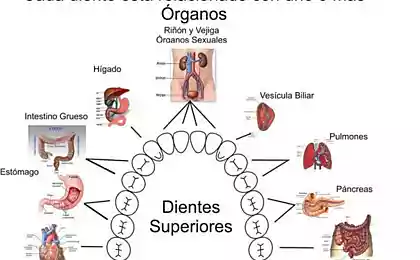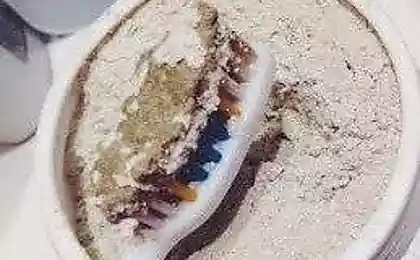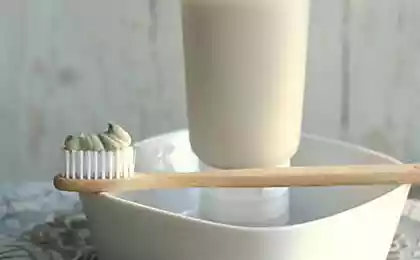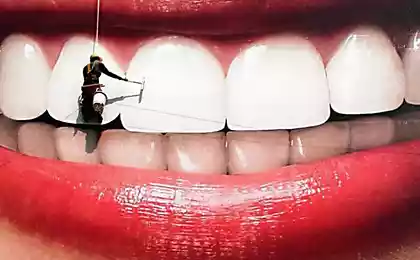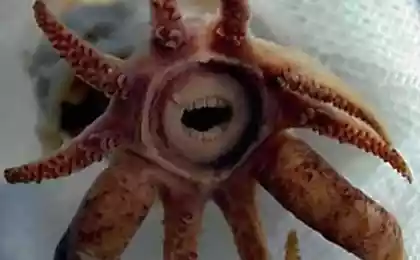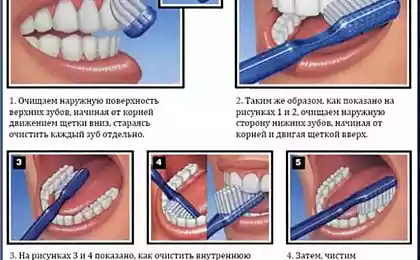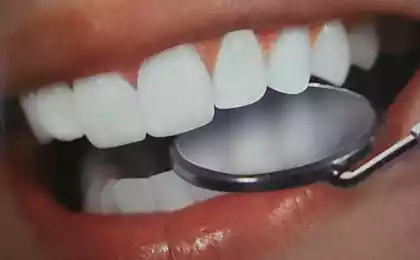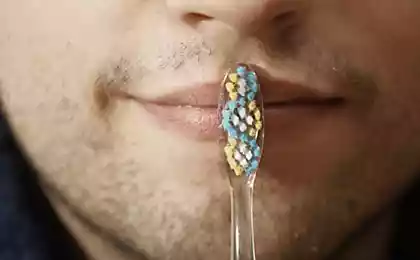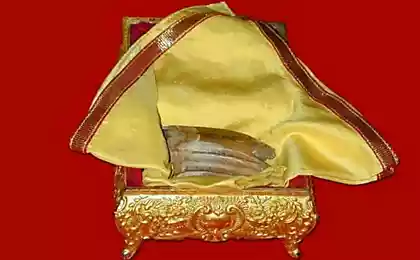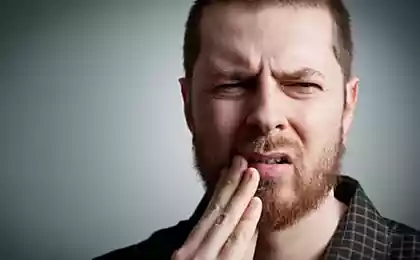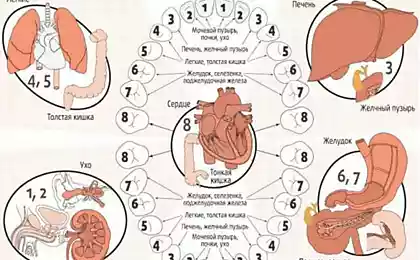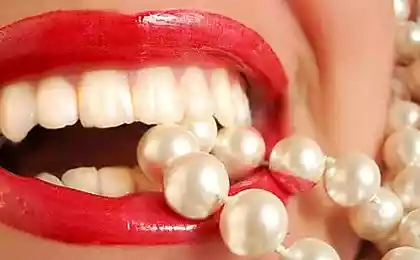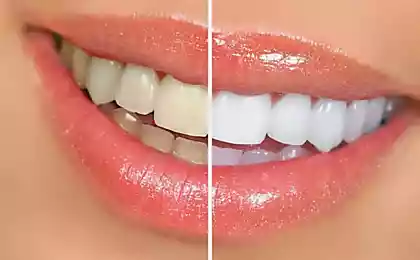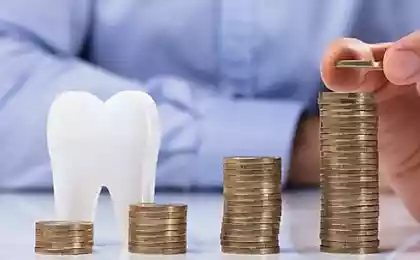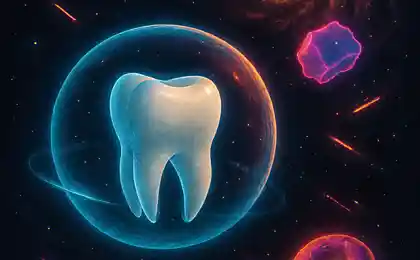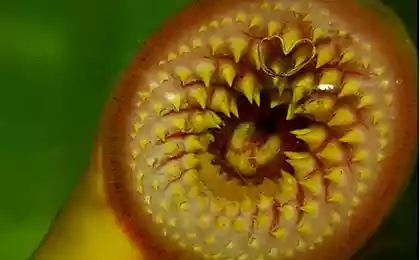447
Over the past 7,500 years, the teeth began to deteriorate much faster
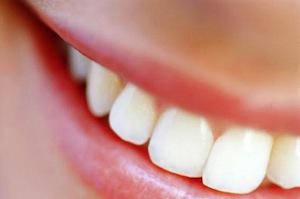
more bacteria than cells in our own bodies - the ratio in their favor of about ten to one, that is as much as 100 trillion microbes per person. The man then certainly evolved, but how changed the bacteria, we know nothing.
When we talk about human evolution, we mean only homo sapiens, but not the trillions of bacteria living in it. The reason is understandable - as a rule, the ancient bacteria are not stored in the human remains. An important exception to this rule - plaque. Researchers from the Centre for Ancient DNA Australian University of Adelaide studied the remains of tartaric acid, preserved in 34 human skeletons Companies found in Northern Europe. All the remains were from different time periods - from the era of hunter-gatherers to the Middle Ages. The researchers compared data on the surviving bacteria with modern dental data.
It turned out that in the mouth of modern man lives far less bacteria than that of our ancestors, and it is likely that this is the cause of chronic diseases of the oral cavity in the post-industrial era. For the first time the composition of the bacteria in the oral cavity has changed considerably with the advent of agriculture, and the second time - about 150 years ago. With the advent of the human diet of processed sugar and flour species of bacteria in the mouth it has become dramatically smaller, which allows dominant strain of pathogenic microbes such as caries.
via factroom.ru
Initially spire Empire State Building was designed as a mast for dirigibles
In 14% of people do not have one of the tendons


